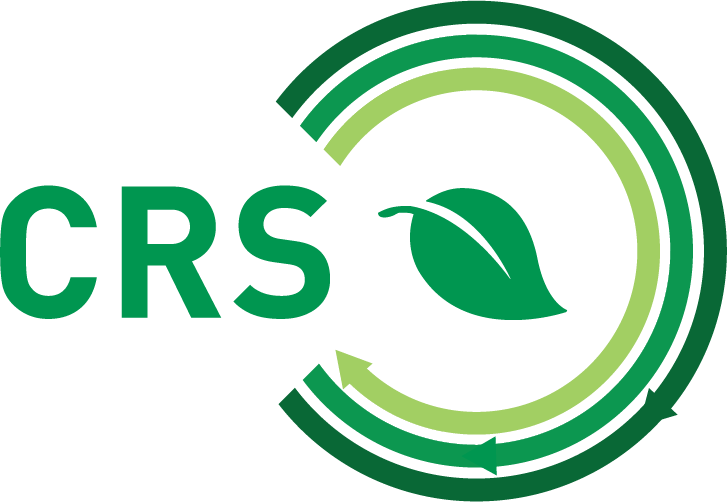People | Planet | Profit
Responsible Soya
Since 1999, global soya production has increased by nearly 25 percent. This growth in demand is being met by a combination of increased productivity in existing planting areas, together with the expansion of the cultivation area. A logical development based on the expectation that the world population may rise to or even beyond 9 billion people.
This intensified cultivation and expansion of agricultural frontiers may cause social and ecological disturbances such as deforestation, water contamination, soil erosion, as well as, in some cases, social conflicts.
Therefore, it is paramount that soy production must be performed in a responsible manner. Stakeholders in and around the food chain are increasingly expecting credible evidence that materials are produced under sustainable conditions. However, it is important that actors in the supply chain agree on a clear framework of principles & criteria and communicate in a consistent language when it comes to methods, procedures and progress to ensure a common practice/view regarding sustainable soya.
Being an important supply chain manager in the soy supply chain Cefetra pro-actively took up its role as frontrunner to facilitate this process. Cefetra chose to work with partners in the supply chain, willing to accept responsibility for creating a healthy balance between people, planet and profit, thus guaranteeing sustainable raw material flows facilitated by a clear standard.
Vision & Strategy
Vision Statement:
Promoting the use of responsibly cultivated soybeans through the certification of farmers in the originating areas to ensure that responsible soybean (and all its derivatives, like meal, hulls etc.) imports into Europe will become mainstream.
Strategy:
Providing farmers and the feed industry a practical standard and supply chain model for the certification of responsibly cultivated soybeans.
Goal:
With the CRS program Cefetra wants to achieve a broad implementation of sustainability certification in the soya sector.
We want to achieve this by working together with customers, suppliers and others involved in the soy supply chain willing to push the bar to a more sustainable future.
Cefetra’s Responsible Soya Offer
Products
Certified Responsible Soya

Cefetra’s Certified Responsible Soya (CRS) standard was developed to stimulate more farmers to embrace sustainable practices. This standard has the most robust zero-deforestation assurance.
Supply chain options CRS standard:
Book & Claim (certificate trade)
Area Mass Balance (certificate trade,
linked to imported physical flow into the EU)
More traceability models available upon request.
RTRS Soya

The standard of the Roundtable of Responsible Soy (RTRS) is the result of a thorough multi-year, multi-stakeholder process. It covers ecological an social elements. Cefetra’s CRS standard is aligned to it.
Supply chain options RTRS standard:
Book & Claim (certificate trade)
Area Mass Balance (certificate trade,
linked to imported physical flow into the EU)
ProTerra/non-GM Soya

Our non-GMO soya products are certified under the ProTerra standard. Due to its nature of non-GMO physical flows are traded segregated from other trade flows of soya. ProTerra standard also covers ecological and social elements.
Supply chain option(s) ProTerra standard:
Default: Segregated (physical trade).

